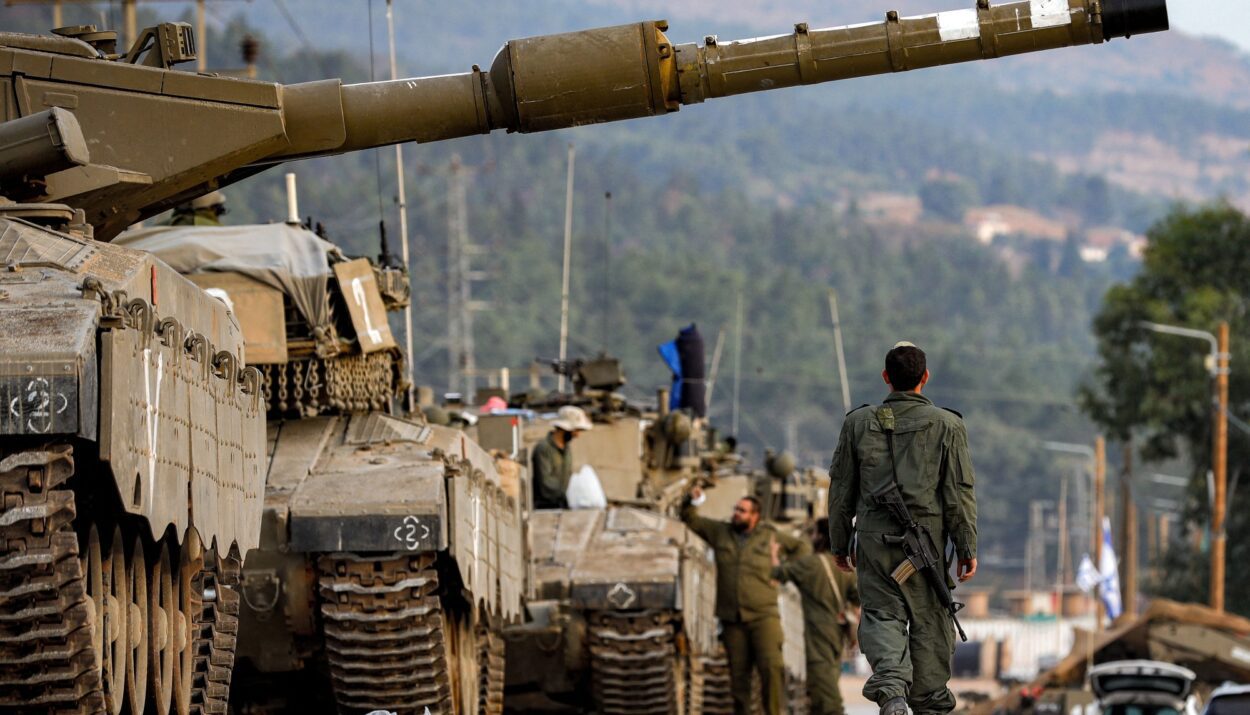In the early hours of Sunday, Israel and Hezbollah exchanged heavy fire across the border, but both sides avoided escalating the conflict into a full-scale war. This intense exchange, the most significant in months, was part of a broader regional context where high-level talks in Egypt aimed to secure a cease-fire between Israel and Hamas in Gaza.
Hezbollah’s Response and Israel’s Preemptive Strikes
Hezbollah claimed to have targeted an Israeli military intelligence site near Tel Aviv with a barrage of rockets and drones. In response, Israel launched dozens of strikes, which it described as preemptive measures to prevent a larger attack. Both sides, however, provided no concrete evidence to support their claims.
Hezbollah’s leader, Hassan Nasrallah, stated that the attack was a delayed response to Israel’s killing of a top militant commander in Beirut last month. He emphasized that the delay was to allow Gaza cease-fire talks to progress and for allied groups, including those in Iran, to decide on a coordinated response against Israel. Nasrallah also mentioned that other regional players, like the Houthi rebels in Yemen and Iran, had yet to make their moves, signalling that the situation could evolve further.
Current Status between Israel and Hezbollah: A Temporary Calm
Nasrallah reassured the Lebanese public, stating that for now, the country could “take a breath and relax,” while reserving the right to respond later if Sunday’s actions were deemed insufficient.










